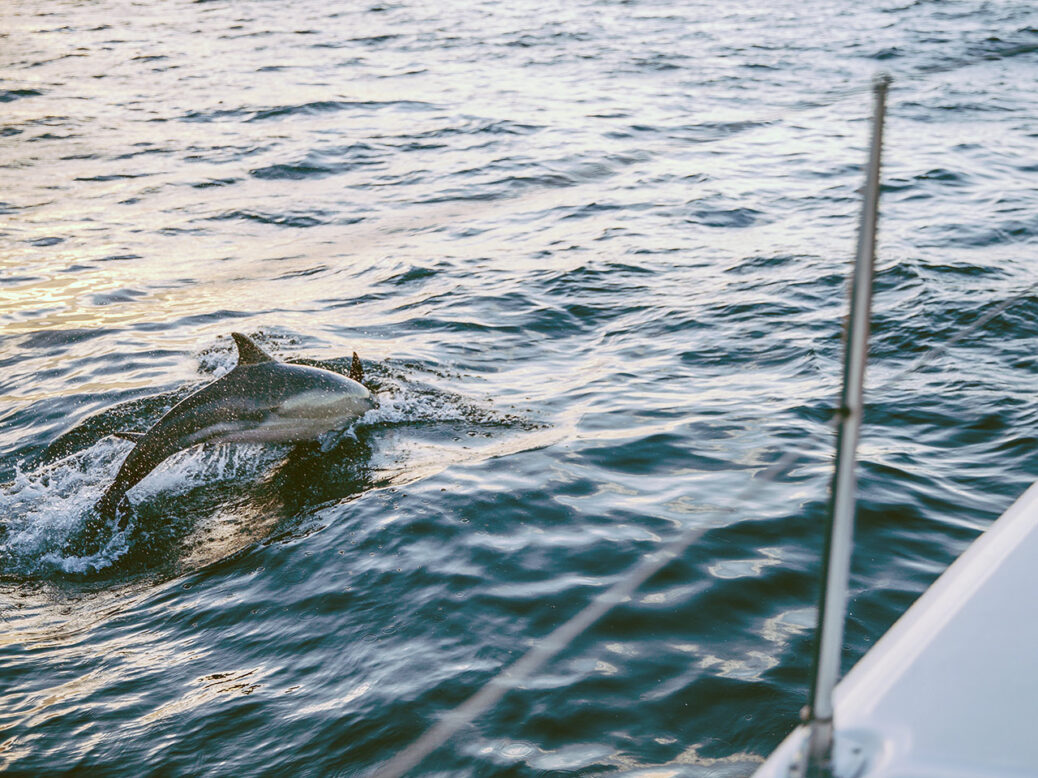
I was in London for a few days recently. It is a place to which, several years on from moving away, I feel ever more tenuously connected. In the last hours before the train back home, I called in at a book launch for a historian – someone who, as is so often now the case, I know only through social media. Making my way slowly down the long and very crowded room I tried, and failed, to spot anyone I recognised. And then, just as I was beginning to reassess my options over a first sip of wine, I was tapped on the shoulder by a friend I hadn’t seen in a long time. He has, quite coincidentally, it turns out, moved into my old house.
I had a lovely evening in the end, thanks to him, meeting and chatting to people at two and then three degrees of separation. And I have absolutely no idea how the evening would have gone if we hadn’t run into each other. It is, really, a version in miniature of how I feel every time I revisit my old haunts in London: the sense that my life – that I myself – might so easily have been unimaginably different.
I’m not sure I’ll ever quite get my head around the combinations of choice and circumstance that make our lives the way they are – still less the sliding-doors moments that could have sent us in entirely different directions. I don’t know what to do with the recognition that I might be a substantially different person if I hadn’t taken that job, or received that email, or swiped for that person on Tinder, or if I had kept doing exactly what I was doing for a little longer.
It is such an irresistible impulse: to point back, whenever we can, to watershed moments, or epiphanies of our own deciding, which turn our lives into stories over which we are reasonably in control. I made my most spectacular life decision on a sailboat off the Isles of Scilly.
After a string of zero-hours contracts in academia, I had come out of an interview for my dream job at a university, boarded a night train to Penzance, taken a morning ferry, and opened my inbox while sitting on my backpack in St Mary’s Harbour to find a rejection. As we set sail for Ireland (my first, and I hope not only, adventure in sailing) I decided, with no idea whatsoever of what else I would do, that this was exactly the right time to leave my career behind. Would you believe me if I said that we set off into a storm, and after it passed we sailed on glass through an endless sunset on the midsummer solstice, and dolphins came to flank us?
There is the comfort of clarity, too, in the dramatic moments when things are beyond our control. Eighteen months later I wept, theatrically, on the front steps of my house-share on my last night in London; having fallen wholly in love with the city; having left a dreadful job that I should never have taken, and run out of money, and knowing that there was nothing to be done but move back in with my parents for a while and try again.
I thought then that my only aim was to get back to living in this stupidly expensive, thrilling city. But after three years of Intervening Circumstances, I can’t imagine returning. After my days away, I returned to my flat and thought: here I am. Much as things have been difficult of late, I’ve been experiencing a quieter kind of epiphany than I’m used to anticipating. I think I want to shelter in place.
[See also: Everything my brother taught me about life]
One of the nicest things about writing a history of nostalgia is that I hear so many other people tell stories about their lives, too. My book came out in paperback recently, and my publisher suggested I mark the day with a competition on Twitter – I asked people to share their silliest or most wholesome nostalgias.
It is hard not to be cynical about nostalgia sometimes, not least when years of political retrogression seem to have culminated in Britons being told to eat turnips instead of complaining about supermarket shortages, or prompting wistful recollections of the death penalty. I was the tiniest bit concerned I was going to be a magnet for the kind of unsavoury “bring back x” yearnings that happen in conversations about “proper binmen”.
I was very happy to be wrong. For days my Twitter notifications were filled with memories of loved ones, of childhood holidays, photos of grandparents, wooden toys carved lovingly by family members and passed on to their children. I found it so unexpectedly moving.
[See also: The sex lives of medieval women]
This article appears in the 15 Mar 2023 issue of the New Statesman, The Iraq Catastrophe



